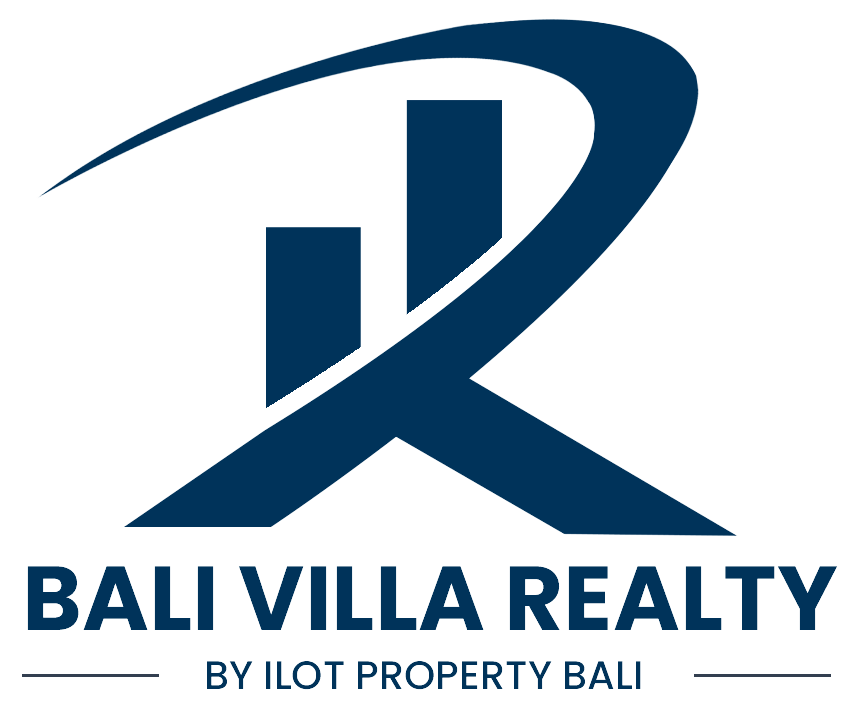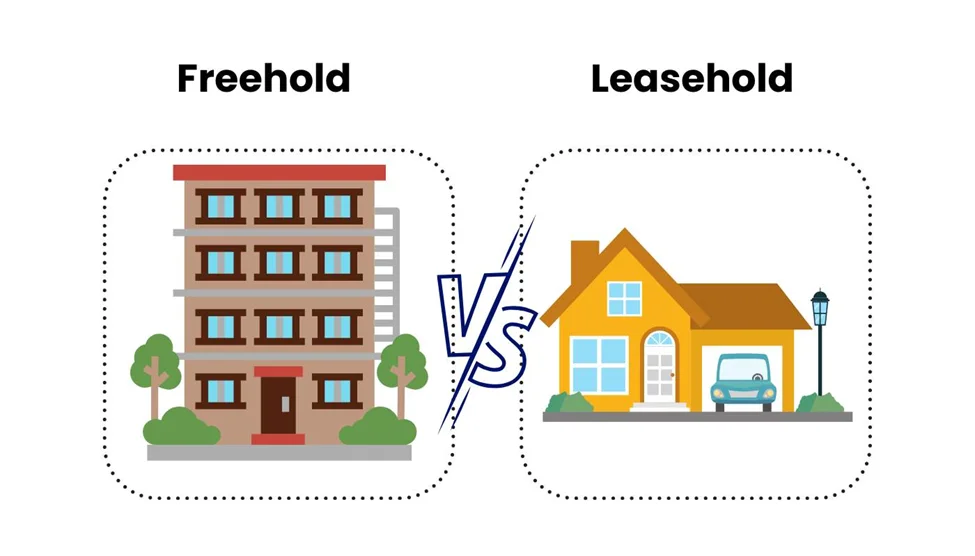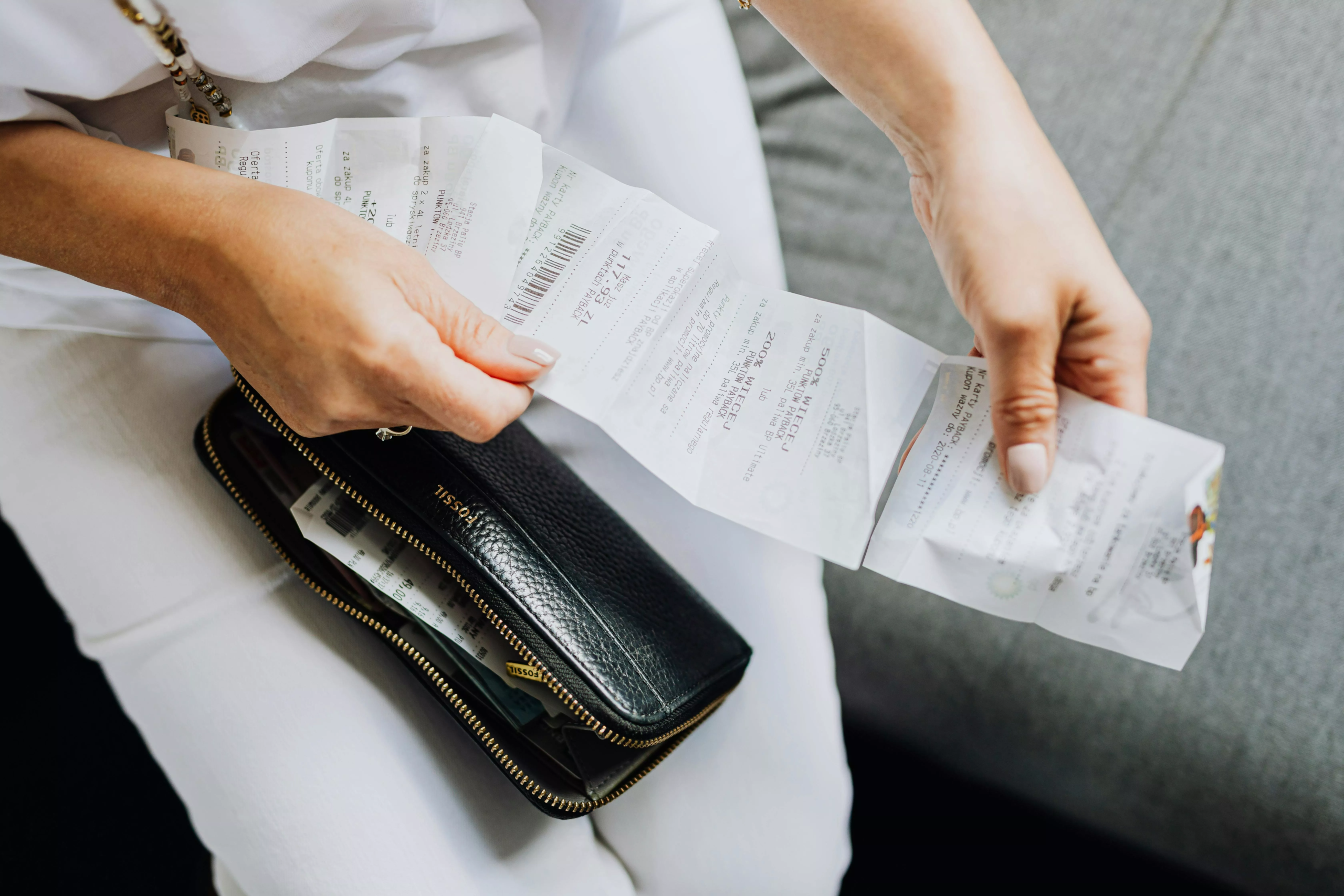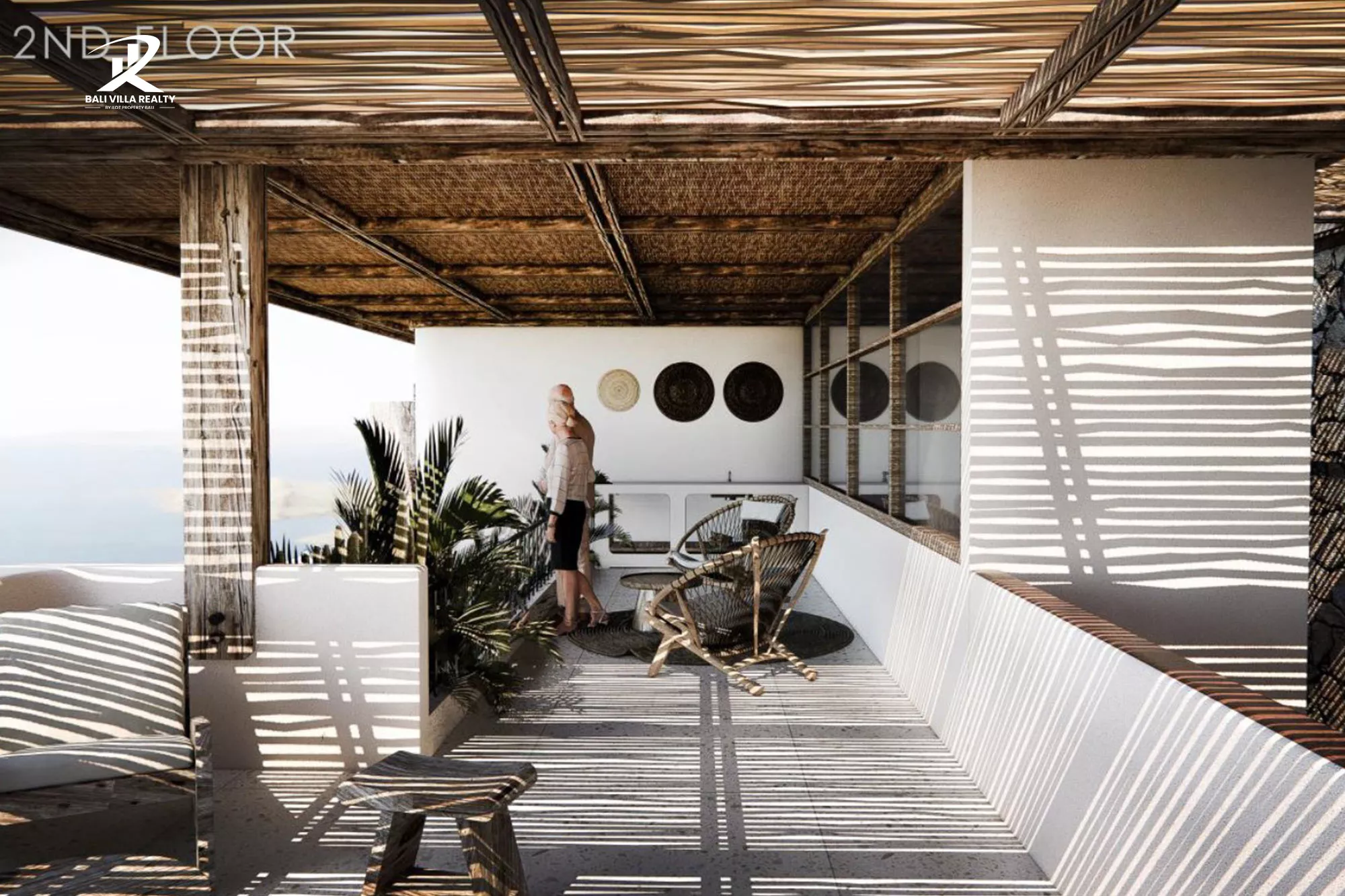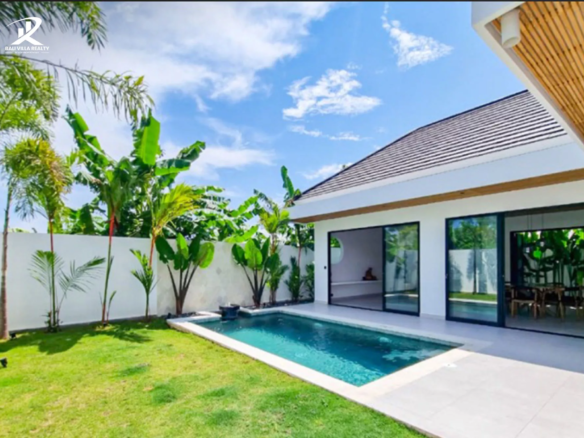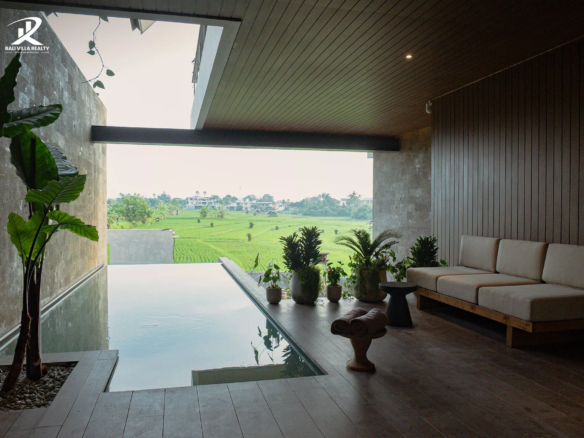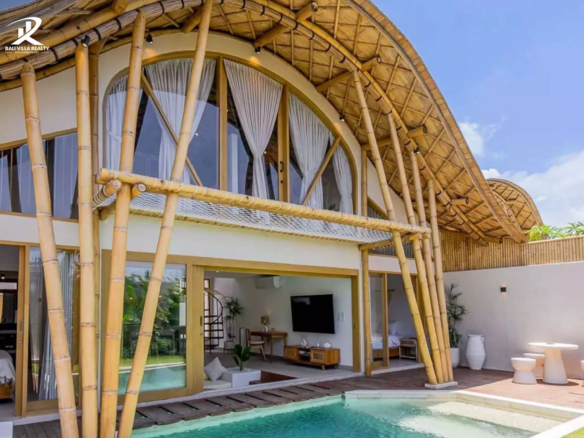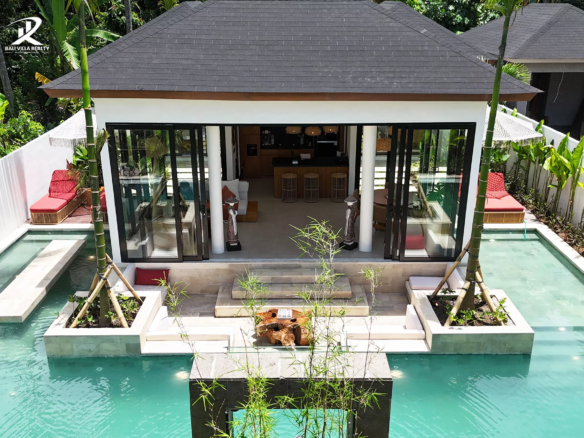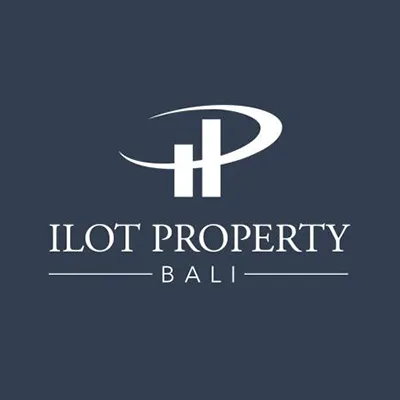Freehold and leasehold refer to different types of property ownership in Bali, Indonesia. Both are commonly used by expats who live or invest on the island. Choosing the right one is important because each has its own rules, benefits, drawbacks, and tax obligations.
Still unsure which ownership type suits you best: freehold or leasehold? Don’t worry.
This guide will help you compare both options so you can make a smart and well-informed decision that matches your investment goals.
Key Takeaways
| Aspect | Freehold Property | Leasehold Property |
|---|---|---|
| Ownership Rights and Authority | Full ownership with complete control to use, modify, or transfer the property without time limits. | Right to use the property for a set period (usually 25–35 years); ownership remains with the landowner. |
| Contract Duration and Terms | No expiration—ownership is permanent, offering long-term security. | Lease period is fixed; property returns to the landlord after expiry unless extended. |
| Flexibility and Investment Prospects | High flexibility to use, sell, lease, or develop the property, offering strong investment potential. | Limited flexibility due to lease terms; restrictions may affect resale value and investment appeal. |
| Financial Considerations and Expenses | Requires higher upfront investment but offers long-term value and control. | Lower initial cost, but may include ongoing fees like ground rent and service charges. |

What Is Leasehold Property Ownership in Bali?

A leasehold is a long-term rental agreement for 25 to 30 years. When the lease expires, the property reverts to the landowner. However, you can often negotiate extensions (up to 80 years in total), making this ownership appealing to those who want flexibility without a lifelong commitment.
It also allows you to buy property in Bali without dealing with complex legal setups like forming a foreign business in Indonesia.
How Leasehold Works in Bali
- Search for a villa or land offered under a leasehold title. You can explore our curated listings here: Available Bali Villas for Sale Leasehold - Bali Villa Realty
- Discuss the lease duration and possible extension terms directly with the landowner. If you’re working with a real estate agency, they’ll handle the negotiation on your behalf. Simply tell your agent exactly what kind of property you’re looking for.
- Once you and the property owner reach an agreement, a legal lease contract is drafted and signed before a notary. This contract outlines your rights, lease duration, payment terms, and responsibilities.
- Pay the agreed lease amount, either upfront or based on agreed installments.
- Once the payment is completed, you gain the legal right to use the property—live in it, build on it, or rent it out—according to the lease terms.
- Before the lease expires, you may negotiate an extension or transfer the remaining lease to another party. If no extension is made, the property ownership reverts to the landowner.
Read More: How Long Can You Really Lease in Bali? Unlock the Facts
Benefits of Leasehold Property
- More Affordable Entry Price: Leasehold properties are significantly cheaper than freehold, especially in popular areas like Seminyak or Canggu.
- Access to Prime Locations: Allows you to invest in high-demand areas without the high upfront cost of freehold land.
- Higher ROI Potential: Lower purchase price means better potential for rental yield and capital gain. For example, a freehold 5-bedroom villa in Pererenan may cost around $3.45M, while a similar leasehold option could be just $525K. This approach can save you a significant amount of money.
- Strong Rental Demand: Bali’s thriving tourism market supports consistent rental income, especially for well-located leasehold villas.
- Investment Flexibility: Leaseholds are ideal for investors focused on short- to mid-term returns without the long-term commitment of land ownership.
Disadvantages of Leasehold
- Limited Ownership Duration: Once the lease expires, the rights revert to the landowner unless you negotiate an extension.
- Decreasing Resale Value Over Time: The shorter the remaining lease, the less attractive the property becomes to potential buyers.
- Uncertainty Around Lease Renewal: Extensions are not guaranteed and must be renegotiated at the end of the term.
Leasehold Property Taxes
- Income Tax (PPh): 10% of the rental income, or 20% if the owner doesn’t have a tax ID (NPWP).
- Value Added Tax (VAT/PPN): 11% of the rental value for rentals from commercial companies.*
- Annual Land and Building Tax (PBB): Between 0.1% and 0.3% of the property’s taxable value, usually paid by the owner unless agreed otherwise.
*Note: Starting January 1, 2025, the VAT rate will increase to 12%, but for non-luxury properties, the effective rate stays at 11%.
What Is Freehold Property Ownership in Bali?

On the other hand, freehold means full ownership of the land and property. You own it for life and can pass it on to your heirs.
However, foreigner cannot directly own freehold property in Indonesia. Instead, you can set up an Indonesian company or legal entity. This structure lets you enjoy similar rights to freehold ownership.
How Freehold Works in Bali
- Set up a foreign-owned company (PT PMA) in Indonesia. This requires an initial capital of IDR 10 billion (approximately USD 700,000). You can learn more about the process in our detailed guide on establishing a PT PMA.
- After completing all the paperwork, the company can purchase freehold property under its name. In this case, the company—not you personally—becomes the legal owner. You can find freehold properties from our listings here: Available Bali Villas for Sale Freehold - Bali Villa Realty
- You can then build, rent out, or use the property as part of your business operations. The ownership remains valid as long as the company continues to exist.
Benefits of Freehold Property
- Lifetime Ownership: Freehold gives you full ownership of the property with no expiration—ideal for long-term planning.
- Stability for Future Generations: It’s the best option if you want to pass down property as a family asset or build generational wealth.
- Full Control Over the Property: You can renovate, redevelop, or expand the property freely to increase its value.
- Stronger Long-Term Equity: As Bali’s real estate market continues to grow, freehold properties offer solid capital appreciation over time.
- Better Resale Potential: Freehold titles are often more attractive to buyers, especially Indonesian nationals and companies.
Disadvantages of Freehold
- Only for Indonesian citizens: Foreign investors can’t directly own freehold property unless they set up a PT PMA (foreign-owned company).
- Higher Upfront Cost: Freehold land typically comes with a premium price tag, along with capital and administrative costs.
- Full responsibility: The owner is fully responsible for maintenance, taxes, and any repairs.
- Ongoing Compliance: PT PMA ownership requires regular legal and tax reporting to remain valid.
Freehold Property Taxes
- BPHTB (Land and Building Acquisition Tax): 5% of the transaction value, paid by the buyer.
- Income Tax (PPh) on property sales: 2.5% of the selling price, paid by the seller.
- Annual Land and Building Tax (PBB): Up to 0.5% of the property’s taxable value.
- Luxury Goods Tax (PPnBM): Up to 20% for luxury properties.
- Value Added Tax (VAT/PPN): Between 11% and 12%, applied to new property sales from developers.
*Note: Tax rates can vary depending on local regulations. Always check with a tax consultant or local authority for the latest rules.
Read More: Understanding Bali Property Taxes for Foreign Buyers

Example of Freehold vs Leasehold Ownership in Bali
To give a clearer example, here are some scenarios of freehold and leasehold ownership in Bali:
Scenario 1: Expats Buying a Freehold Villa

James, a British expat living in Bali, wants to buy a villa in Canggu as both a personal home and a long-term investment. Since foreigners cannot directly own land under Hak Milik (Freehold), James sets up a PT PMA (Foreign-Owned Company)—a legal business entity that allows foreigners to operate and invest in Indonesia.
Through his PT PMA, James purchases land and builds a villa with Hak Guna Bangunan (Right to Build) status. This gives him legal ownership of the building and long-term usage rights for the land—typically 30 years, extendable for another 20 + 30 years.
Although this isn’t the same as a personal freehold, James effectively controls the property through his company. He can live there, rent it out, or sell the property under his PT PMA. He is also free to renovate or expand the villa, as long as he follows zoning and building regulations.
Because the property is under a business entity, James also enjoys better legal protection for running a villa rental business and can benefit from capital gains if property prices rise in the future.
Scenario 2: Foreign Investor Buying a Leasehold Villa

Mark, an investor from Australia, falls in love with a beachfront villa in Seminyak and wants to use it as both a holiday home and a rental business. However, as a foreigner, Mark cannot legally own land under freehold status in Indonesia.
Instead, he chooses to lease the villa under a Hak Sewa (Leasehold) agreement. The lease lasts 30 years, with an option to extend for another 20 years if both parties agree. During the lease period, Mark has the exclusive right to use, rent out, and earn income from the property.
However, once the lease ends, ownership returns to the original landowner unless an extension is negotiated.
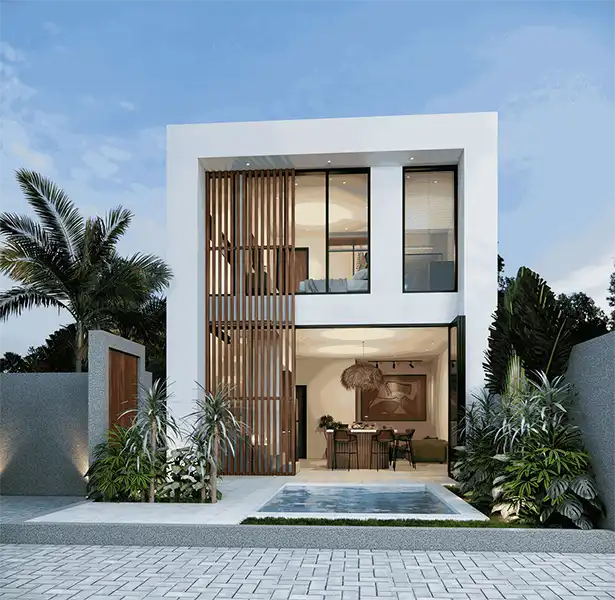
Get a Customized Investment Plan in Bali
With over 15+ years in the market, here’s what we can do for you:
- Find the best location to invest in Bali.
- Reliable guidance on Bali’s property market and laws.
- Personalized strategy to maximize returns and meet your financial goals.
Is it Better to Buy Freehold or Leasehold?

Honestly, deciding between freehold and leasehold property depends on your goals, budget, and legal status.
Freehold is better if you're an Indonesian citizen or expats who have a PT PMA (foreign-owned company). Meanwhile leasehold is ideal for investors seeking lower entry costs and shorter commitments.
Read More: Best Business to Invest in Bali for Foreigners: 2025 Guide
How to Choose the Right Property Title in Bali
Here are some tips to consider before buying a property in Bali:
- Align with Your Long-Term Vision: Think about your future goals, so you can decide which title suits you best. For example, if you want a long-term asset or permanent residence, freehold through PT PMA is the best option. Leasehold is best for mid-term business or stay.
- Understand Your Financial Readiness: Review your budget carefully, including upfront costs and long-term obligations (like taxes and maintenance) for each ownership type.
- Do Thorough Research: Look into local regulations, current market trends, trends and specific property details to support your decision.
- Know Your Risk Profile: Consider how much risk you're comfortable with when it comes to ownership terms and investment returns.
- Get Expert Guidance: Consult with trusted real estate professionals or legal advisors who understand Indonesian property laws.
Read More: Cost of Property in Bali: What You Need to Know (2025)
Conclusion
The choice between freehold vs leasehold depends on your legal status, investment goals, and financial plan.
Leasehold is a great option if you’re not ready for a long-term commitment. It allows you to start investing with a smaller upfront cost and still earn a solid return on investment. But if you’re looking for long-term stability and full ownership, freehold is the way to go.
Don’t worry if you’re still unsure — we understand this is an important decision. That’s exactly why we’re here to answer all your questions and guide you before you take the next step.
Whether you want to learn more about investing in Bali or need help finding the perfect property, we’ll help you choose the option that fits your goals and budget. Book your free consultation anytime!
Want to start investing in Bali property?
Have a quick chat with our real estate experts for personalized advice on your Bali investments. No commitment required.
FAQ
Yes, leaseholds are usually worth it—especially if there’s a long term remaining. Extensions (like after 90 years) are often inexpensive, particularly if the ground rent is low.
The cost of converting a leasehold property to freehold can vary widely. In certain regions, such as Dubai, the conversion fee may be around 30% of the property's assessed value.
You must have owned the property for at least two years before you can apply for a statutory lease extension.
Yes. The notice period varies by location, but it typically ranges from 30 to 60 days. If the landlord wants the tenant to vacate after the lease ends, they must provide written notice within the required timeframe set by local laws.
The actual owner of a leasehold property is the freeholder. The leaseholder has the right to use the property for a specified lease period as per the lease agreement but does not own it permanently.
